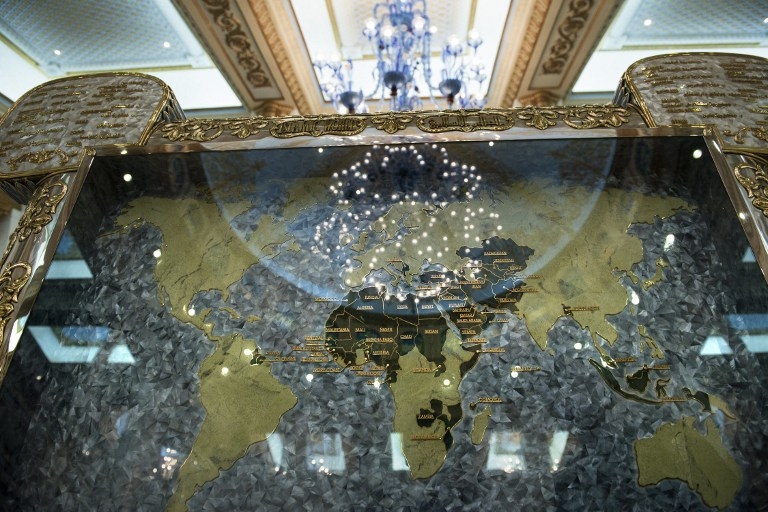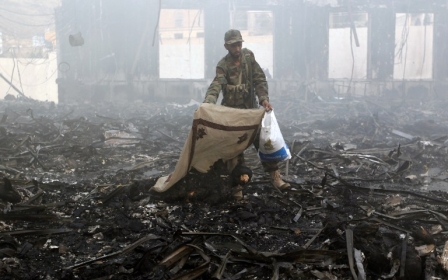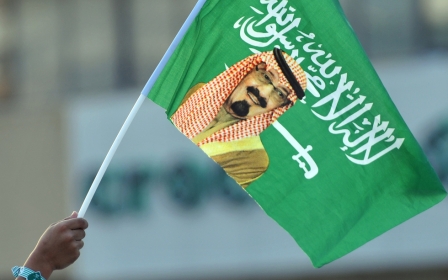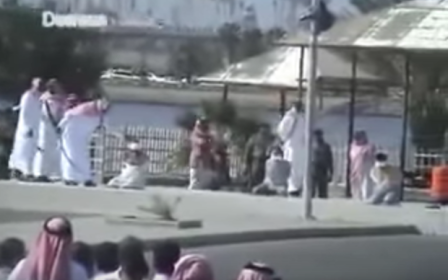Saudi prince lashed weeks after another royal’s execution

A prince of Saudi Arabia's ruling family was given lashes in a prison in Jeddah as a court-ordered punishment, a Saudi newspaper said on Wednesday, less than a month after the kingdom executed another prince for murder.
The brief report in Okaz daily did not disclose the offence for which the prince was punished nor did it disclose his identity. It said he was also ordered to serve a prison sentence.
The prince's flogging was carried out by a policeman on Monday. Medical checks were carried out to ensure the prince was strong enough to endure the punishment, the newspaper said.
Some Saudi social media users said it showed Islamic law did not differentiate between a prince and ordinary Saudis. Others saw it as a tactic to calm public disquiet over economic belt-tightening by the government.
It did not say how many strokes of the lash he was given. Human Rights Watch, citing Saudi rights activists, says floggings are normally administered with a light wooden cane on the back and legs which leaves bruising but does not break the skin.
A Saudi prince was executed in Riyadh on 18 October after a court found him guilty of shooting dead a fellow Saudi, official media reported, in what Saudis said was the first execution of a prince since the 1970s.
Prince Turki bin Saud al-Kabir had pleaded guilty to shooting Adel al-Mohaimeed after a brawl, the ministry of interior said. Saudi social media users interpreted the rare execution of a prince as a sign of equality under Islamic law.
On social media, one user commented: "The lashing of a prince will not fill the stomach of the people, people are starting to be hungry."
Another commented that no one stood higher than Islamic law.
Middle East Eye propose une couverture et une analyse indépendantes et incomparables du Moyen-Orient, de l’Afrique du Nord et d’autres régions du monde. Pour en savoir plus sur la reprise de ce contenu et les frais qui s’appliquent, veuillez remplir ce formulaire [en anglais]. Pour en savoir plus sur MEE, cliquez ici [en anglais].




